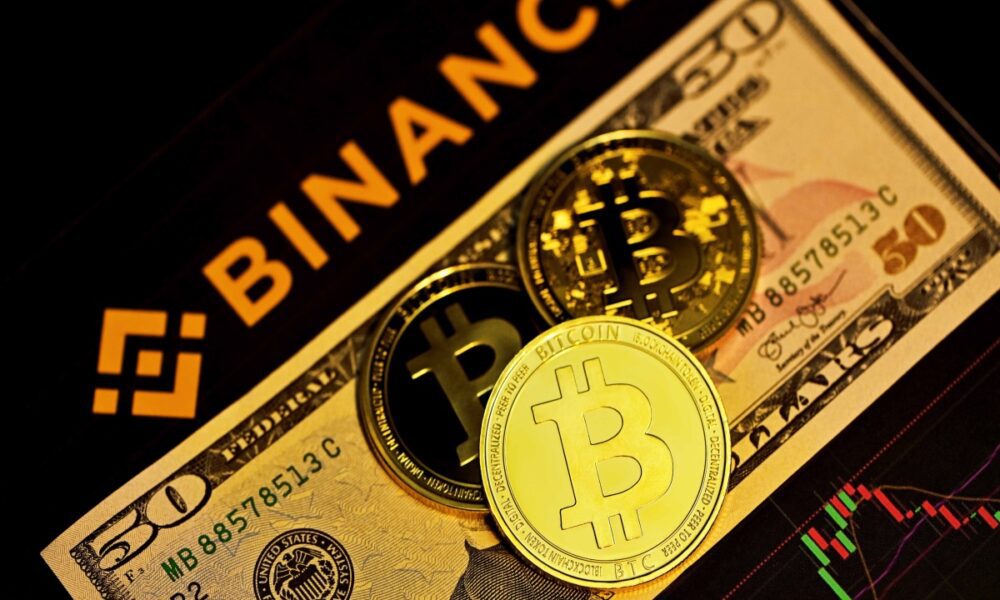In 2021, Binance made headlines when it was chased out of jurisdiction after jurisdiction in order to comply with local laws. But in 2022, are things changing for the once-targeted exchange?
Watch out for that bloke
Crypto giant Binance’s deal with the payment company Paysafe has stirred feathers as a UK-based watchdog and the UK’s Financial Conduct Authority [FCA] expressed their concerns. UK banks such as Santander and Barclays have also taken action to cut access between Binance and their customers. All in all, multiple stakeholders are worried about Binance being able to access UK payment network users and bringing Binance users into that framework.
However, what shocked many was the FCA’s response. A spokesperson reportedly said,
“Our concerns about Binance remain. We received a notification of this business partnership but have limited powers to object to arrangements of this kind.”
Is this a sign that Binance is finally getting too big for its boots?
Don’t get “Forbes” off
Both crypto watchers and everyday newsreaders were stunned when the business and finance news company Forbes revealed that Binance had made a $200 million “strategic investment” in its company. Though Binance CEO Changpeng Zhao assured anxious readers that “editorial independence is and will always be sacrosanct,” media experts pointed to the potential conflict of interest.
The latter point is especially telling when one remembers that Binance had sued Forbes in 2020. This was due to an article that accused Binance of trying to “intentionally deceive regulators.”
Taking these facts together, crypto traders and journalists need to more closely follow Binance’s future partnerships, as these could change crypto adoption as a whole.
More importantly, stakeholders need to ask whether individual regulators are losing their power over the exchange giant.
Is Binance keeping it kosher?
All said and done, Binance hasn’t left its controversies in the past. Israel’s regulator, the Capital Market Authority, contacted Binance to obtain more information about the services it offered to Israel-based users and any legal permits. Binance reportedly did not apply for a license to operate in the region.
A translation of the Israeli regulator’s statement claimed,
“Following the intervention of the Capital Market, Binance has at this stage stopped marketing to Israelis and all activities focused on Israel until we examine the issue of licensing.”
However, Binance was yet to issue an official statement at press time.


